After only five days of training, the Chinese national football team has announced that four key players have left the squad, casting a shadow over their preparations for the crucial 18th round qualifying match. Cheng Jin, Wu Mi Jiang, and two others have departed due to various reasons, leading to significant changes in the core lineup at a time when the team should be making its final push. This unexpected development raises questions about the state of the national team and whether they can withstand the pressure of the upcoming "do-or-die" battle.

Despite his age of 73, coach Ivankovic's dedication to training surpasses that of many younger coaches. He has implemented an intense "two sessions a day" regimen, with morning physical training and afternoon tactical drills, pushing the players to their limits. As insiders put it, the training is so rigorous that "it makes your feet ache."
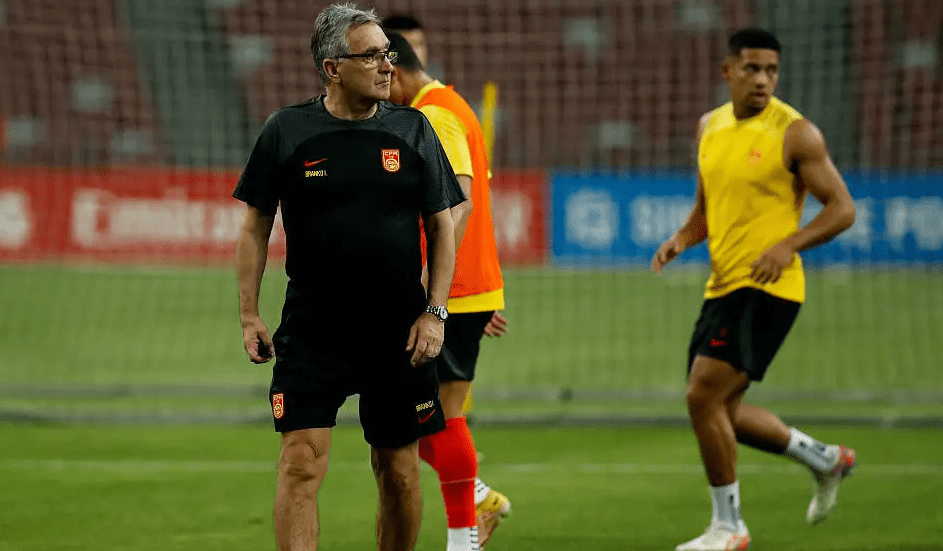
However, Ivankovic's approach is not solely focused on physical endurance; he also employs a unique "psychological massage therapy." Contrary to the perception that the national team relies solely on brute force, Ivankovic places great emphasis on the mental well-being of his players. He arranges tactical analysis classes to ensure everyone knows their role on the field and provides specialized psychological counseling to help them cope with the anxiety and stress of high-stakes matches. After all, the World Cup qualifiers are no child's play, and a single misstep could lead to a significant setback.

Ivankovic's combination of "iron-bloodedness" and "softness" aims to push the players' physical capabilities to the extreme while stabilizing their mental states. Although the process is grueling, it may be the only lifeline against seasoned opponents like Saudi Arabia and Australia.
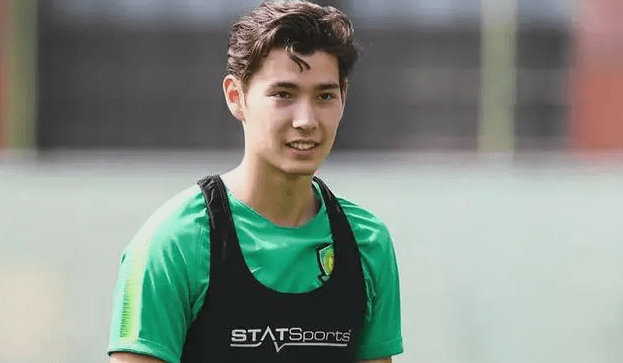
Discussing Ivankovic's preparation strategy, one name stands out—Hou Yongyong, the naturalized player with a Norwegian father and a Chinese mother. Despite being teased for his less-than-fluent Mandarin, Hou Yongyong's skills on the field are undeniably impressive. With years of training in the Chinese Super League and a solid foundation from abroad, he has become a rare forward talent for the national team, excelling in speed, positioning, and goal-scoring ability. Ivankovic has placed him at the heart of the forward line, clearly intending to rely on him to address the long-standing issue of insufficient attacking power.
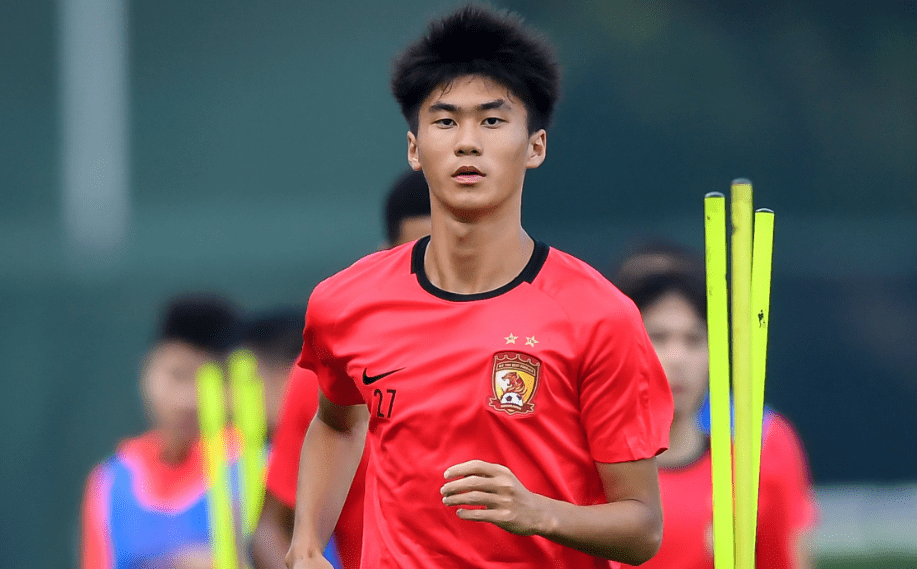
However, this raises questions—can Hou Yongyong's rise truly represent the future hope of Chinese football? While naturalized players can provide temporary firepower, they cannot guarantee sustained output. Watching him dart across the field, many wonder if Chinese football must rely on foreign-born talents to maintain its standing. Is this a positive development or a hidden concern?

Another name frequently mentioned recently is Wu Shaocong, a versatile defensive player. Dubbed the "jack-of-all-trades" for the national team, Wu Shaocong can play as a central defender, full-back, and even occasionally contribute in the front half of the field. Ivankovic holds him in high regard, often singling him out for praise during training.
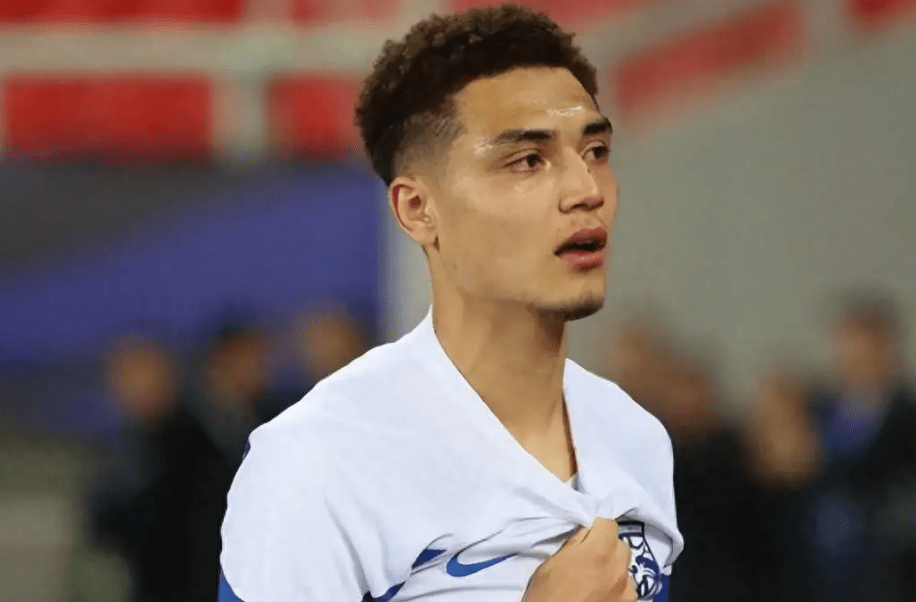
The national team values Wu Shaocong not only for his versatility but also for his ability to plug gaps in the defense—a persistent weakness. Against opponents like Saudi Arabia and Australia, whose speed and cutting-edge tactics have been nightmares for China, players like Wu Shaocong, who are physically robust, quick-reacting, and capable of filling in defensively, are essential components of Ivankovic's tactical system.
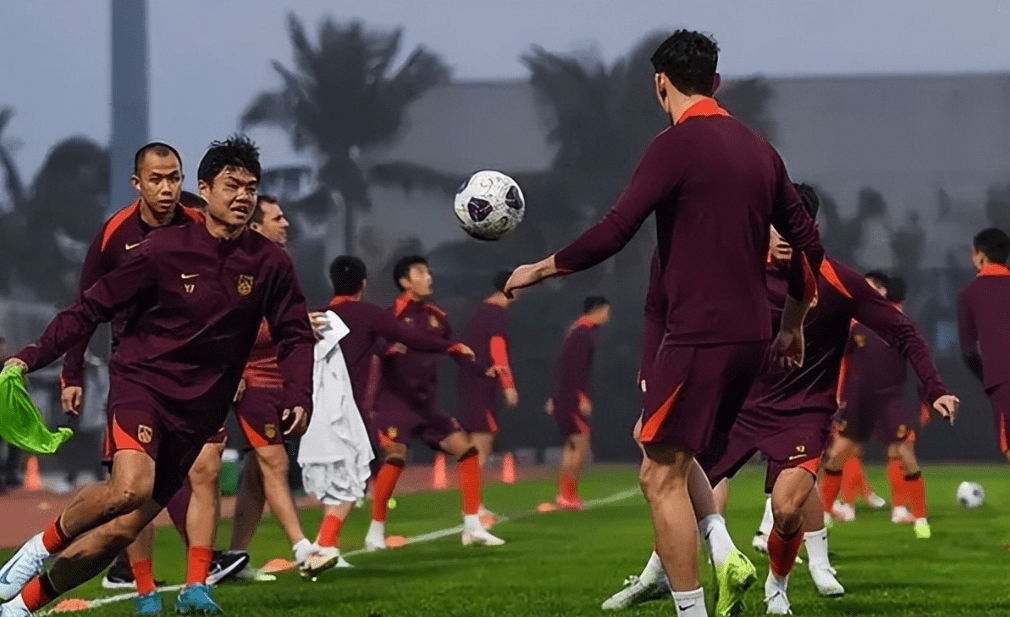
Yet, even with such "elite soldiers," the entire team's shortcomings cannot be overcome. Players like Wu Shaocong are crucial, but both the defense and offense must work together effectively. The phrase "Wu Shaocong can only temporarily patch up leaks" reflects the true state of the national team.

As new players enter, others exit. In this training camp, the situation of several young players is particularly poignant, such as Jian Tao. This young talent, selected for the national team for the first time, should be a reserve force for the national team. However, in the recent high-intensity training, he has had few opportunities to showcase himself. Initially filled with enthusiasm upon joining the training roster, he now finds himself on the sidelines.
This is not just Jian Tao's individual case. Other players like Wu Mi Jiang, Cheng Jin, and even Han Pengfei share similar fates: some are eliminated early for mediocre performances, while others are marginalized, relegated to the role of陪练 (practice partners).
In the broader context, this highlights a significant challenge facing Chinese football—young players lack sufficient opportunities, while veterans cling desperately to their starting positions. Some liken the situation to "new cars afraid to hit the road, old cars unable to stop downhill," a vicious cycle of generational disconnection that leaves the national team's talent pool increasingly awkward.
With young players struggling to break through and veterans' performance in question, the national team faces Saudi Arabia and Australia, both of which are far superior in terms of physicality and tactical sophistication. The 18th round qualifying tournament adopts a brutal group format, where any lapse in concentration could result in missing out on advancement.
Ivankovic's drastic adjustments to the training roster, increased training intensity, and inclusion of psychological counseling courses reflect his awareness of the immense pressure of this "do-or-die" battle. Some optimistically view this as a transformation, while others pessimistically believe it will end in defeat, regardless of the scoreline.
Regardless, the outcome will be revealed on the field in five days.
The national team is striving, but their problems are not ones that can be resolved in the short term. From Ivankovic's efforts to Hou Yongyong's emergence and the challenging upward trajectory of players like Jian Tao, the future of Chinese football requires time and extensive practice to refine. In five days, will the national team be able to "catch a glimmer of hope"? We'll have to wait and see.